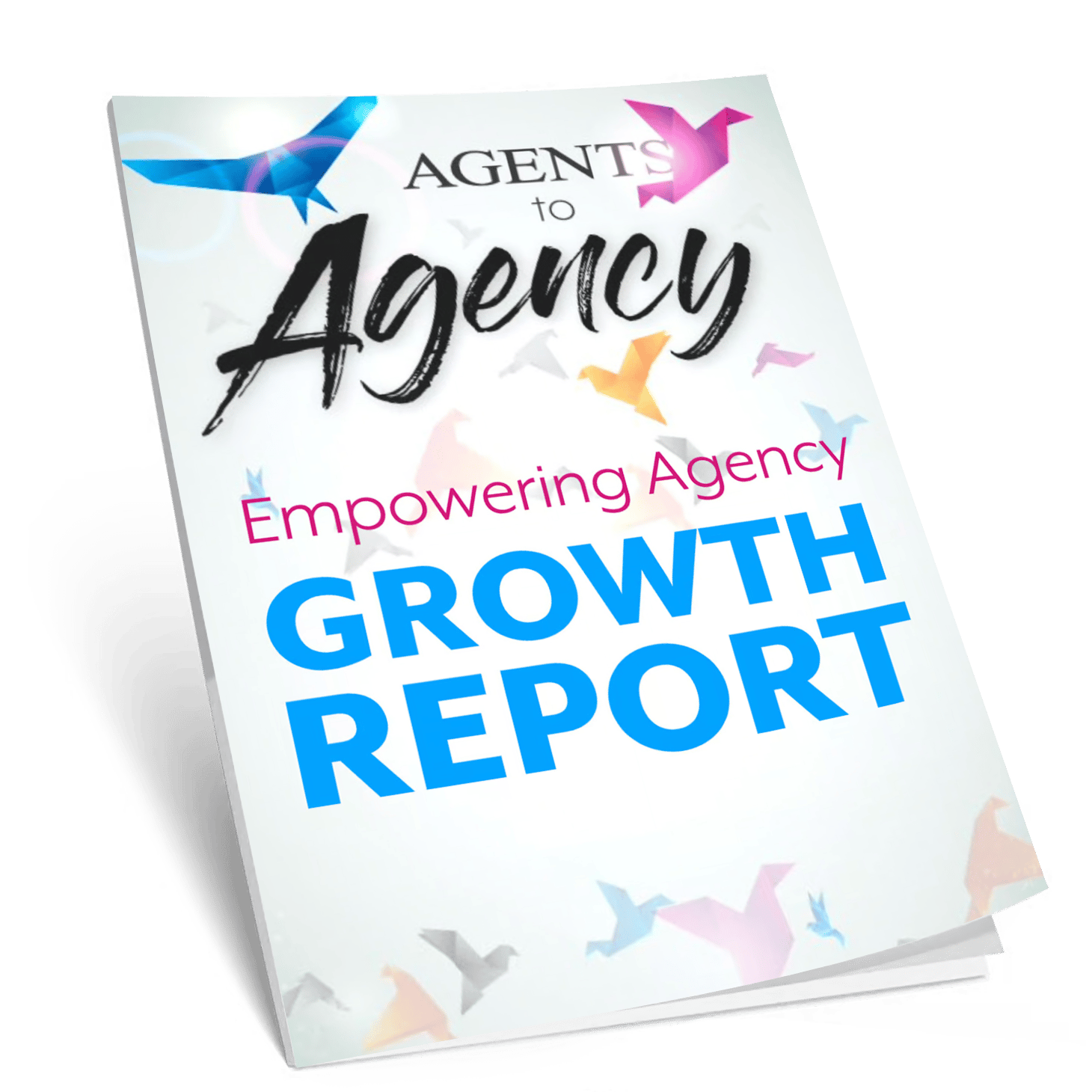Why LEARNER AGENCY?
Learner agency is about more than autonomy, choice, and voice—it's about learners being empowered to take complete control of their learning for life, both in and beyond school.
How are you fostering and supporting agency among your learners, and how can you make your already exceptional work even better?
With just a 2-minute survey, your free Empowering Agency Growth Report will give you everything you need to know to bring agency to the forefront of your teaching practice, and put learning fully into the hands of your learners.

